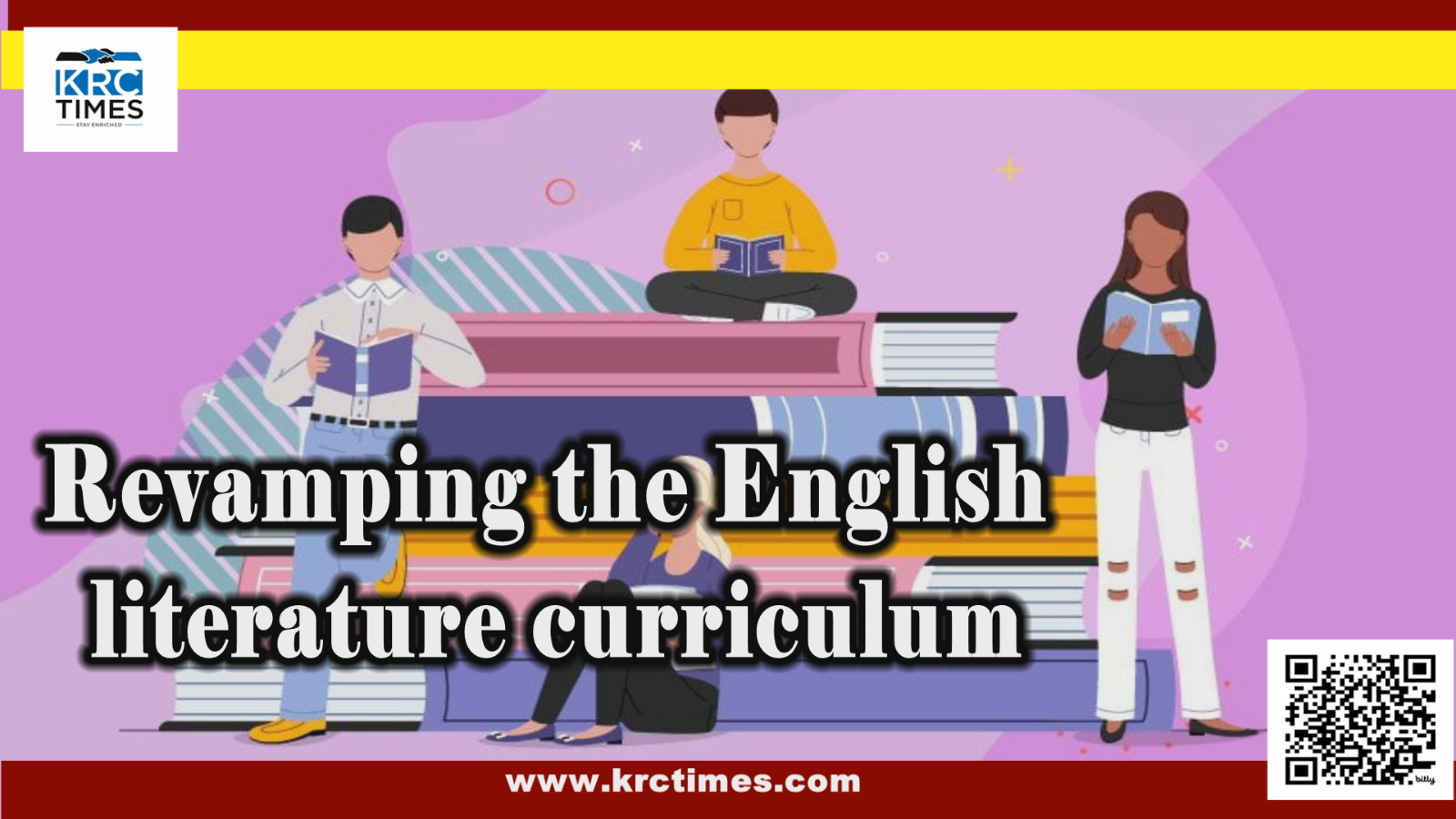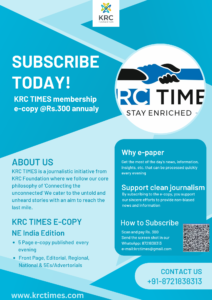Once a cornerstone of intellectual pursuit, English literature studies are now facing a troubling decline in popularity among students in India
 KRC TIMES Desk
KRC TIMES Desk

Biju Dharmapalan
Once a most demanding course among youngsters, English literature studies has seen a significant decline in the past decade. In many colleges in India seats of B.Literature remain vacant despite its huge potential in this digital age. The policymakers and academicians should brainstorm the reasons and come out with concentre plans to overcome this dilemma.
In India, many students see STEM (Science, Technology, Engineering, Mathematics) as a subject of intellect and opportunities, compared to humanities.
Emerging fields like data science, artificial intelligence, and digital marketing are gaining popularity among students due to their perceived relevance and lucrative opportunities. This trend reduces the appeal of traditional literary studies.
The perception that a degree in English offers limited career options and lower earning potential can deter students from pursuing it. This view is compounded by a lack of clear and well-promoted career pathways specifically tied to English studies.
Many English literature programs may have curricula that have not been updated to reflect contemporary literary trends and regional and global issues.
The stress on Shakespearean and other literary works doesn’t get connected to present-day society. Shakespearean plays and other classical works were written in very different historical and cultural contexts. The social norms, political structures, and everyday concerns of ancient times may seem foreign to modern readers.
This historical gap can make it hard for students to see how the themes and issues of these works relate to their own lives. A focus on classic literature without integrating contemporary and diverse voices may alienate students who are more interested in modern and global literary trends.
The rise of digital media and alternative forms of entertainment, such as social media, video games, and streaming platforms, has altered reading habits. Students may be less inclined to engage with traditional literature due to these competing interests.
Though science education reformation forms part of national policies, literature education rarely finds its place in national policies, though NEP stresses the need to undertake literary studies.

To make literature more relatable and engaging, integrate a diverse range of texts. Include contemporary works from different cultures, genres, and perspectives.
For instance, introducing novels, short stories, and poetry from emerging voices around the world, alongside regional literature, can provide students with a broader view of the literary landscape.
Academicians should link literature with other fields such as history, psychology, sociology, and environmental studies. For instance, studying dystopian novels alongside discussions of climate science and environmental issues can provide students with a deeper understanding of both the literature and the real-world issues it reflects.
Thrust should be given to include components that prepare students for the job market, such as resume writing, interview skills, and networking opportunities. Connecting literature studies with science and other relevant fields will enhance career prospects. In the age of bots, literature students should even be taught the fundamentals of computer programming.
Revitalising the literary syllabus necessitates a deliberate strategy that incorporates current issues, embraces digital and multimedia resources, fosters interdisciplinary linkages, and emphasises practical skills.
Educational institutions can establish a literary program that is relevant and exciting for 21st-century students by using a variety of texts, utilising technology, and regularly updating the curriculum.
(The writer is the Academic affairs, GCU and adjunct faculty at NIAS, Bengaluru; views are personal)


